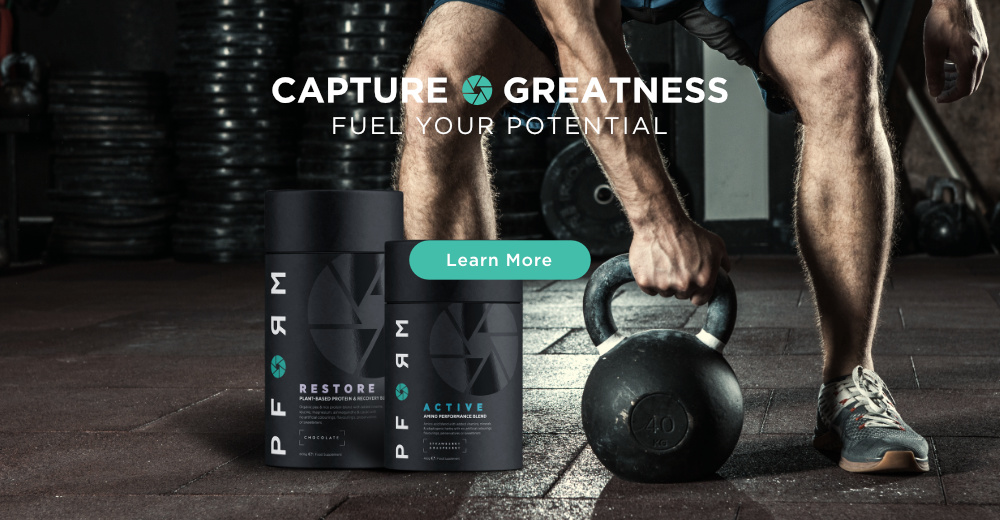
And it begins with making your bed
A while ago, during one of my many Youtube rabbit hole voyages, I stumbled upon a video of a speech given by retired United States Navy Admiral William H. McRaven. Besides having a great name, William also had some great advice:
“If you want to change the world, start off by making your bed… If you make your bed every morning, you will have accomplished the first task of the day”.
Now, your goal may not be to change the whole world, but the things you do each day will certainly affect your own world. I am of course talking about habits. Whether it’s a better body, better finances, a better relationship with ourselves and others, our daily habits have a direct impact on the results we see.
I can’t help you when it comes to your finances or your relationships, but when it comes to your health, let’s just say I know a thing or two. Having worked with clients of all backgrounds for many years, I’ve learnt to find ways of helping them stay on track outside of the gym when life starts getting in the way of their health and fitness goals. Being based in Canary Wharf and working with people in high-stress environments, finding ways to break bad habits has come to be something of a speciality of mine.
1. You won’t like me when I’m hungry!
As well as being short-tempered and irritable, you will more than likely make poor decisions when it comes to supermarket shopping if you go on an empty stomach. Because you’re human, like the rest of us, all those special offers will look more enticing, and the food you can eat immediately will be singing to you from the aisles. You’ll probably buy some naughty little treat that comes in a multi-pack, and when you get it home will sit in the cupboard just waiting for you to feel “snacky”. To avoid this, do your grocery shopping after consuming a meal, and earlier in the day. As later in the day you may be tired, which is another factor that can affect the types of food you buy. We tend to crave sugar when tired, as it helps to generate energy artificially.
2. Do I need to track calories?
The short answer, yes because it helps. Initially, I advise my clients to use a calorie tracking app for at least seven days, simply as an educational tool only. By having some idea of how many calories are in the foods they most commonly eat, it becomes easier to see what foods they can take out (if their goal is to lose weight) or add (if it’s to gain weight). However, as I said at the beginning, I work with high-stress individuals, so tracking using an app may only add more stress. Therefore, the answer is also no. This is where mindfulness comes into play. If your goal is weight loss, as a way of creating a calorie deficit (consuming fewer calories than you burn), aim to be less full by the time you’ve finished your meal. This could mean slowing down your eating, chewing your food thoroughly, or leaving some on the plate. If your goal is weight gain, aim to be fuller at the end of each meal, as a calorie surplus will be needed (consuming more calories than you burn).
3. Pay attention!
This one is pretty straight forward, don’t eat in a distracted state. That means phones down, televisions off, and laptops closed to avoid any social or work-related distractions. If you’re paying attention to something else you’re not paying attention to the food, or the amount of food, you’re consuming. So, sit at the table and enjoy that meal, ideally with good company.
4. Walk it off, you’ll be alright!
It’s easy to do, it’s free, and you can do it pretty much anywhere. Being a data fiend, I encourage my clients to track their daily step count. Due to a large number of them working from home now, it can be very easy to be less active as workloads pile up. By doing something as simple as monitoring your step count you will notice how active, or inactive you are being on a daily basis. By aiming to increase your daily average steps week on week, you will be surprised just how many additional calories you can burn. The amount will vary from person to person due to differences in weight, genetics, intensity of the walk, etc. However, some simple ways of adding additional steps are:
- Leave the desk at lunchtime and get outside for an hour
- Swap small commutes via transport and go it by foot
- Take the dog for more frequent or longer walks
- Explore your city or hometown on weekends via foot to discover new places
5. Feeling Tired on a Daily Basis? SLEEP MORE!!!
This may sound simple on the surface, but you would be amazed just how many of my clients take sleep for granted and average around five hours of sleep per night. Which I get sometimes happens on the off chance, but once it becomes a habit that level of sleep deprivation has a compounding effect. Not only does it mean they are tired during our sessions, but their hunger levels increase, stress levels rise, they’re more susceptible to being sick, and their ability to concentrate for long periods is hindered. Increasing their sleep to 7-8 hours per night then becomes our number one priority.
For an interesting read on sleep and its importance, check out Why We Sleep by Matthew Walker.
There you have it, five simple tips I use with clients to help them stay honest outside of our sessions. However, if this is all new to you, you might be feeling slightly overwhelmed, but don’t panic! Slowly slowly catchy monkey. I advise beginning with just one or two. Choose the one/ones that stand out to you the most and build from there, it takes time to implement new habits, be kind to yourself during the process.
The success of achieving one small victory will help you create a positive feedback loop. You’ll soon start asking yourself, “If I can accomplish that, what else can I accomplish?” And you’ll try another goal, then another, before you know it you’ll look back and see you’ve built something great, a better version of yourself. And when you’re successfully sleeping 8 hours per night, in the morning when you rise to start your day, don’t forget to turn around and make your bed.

